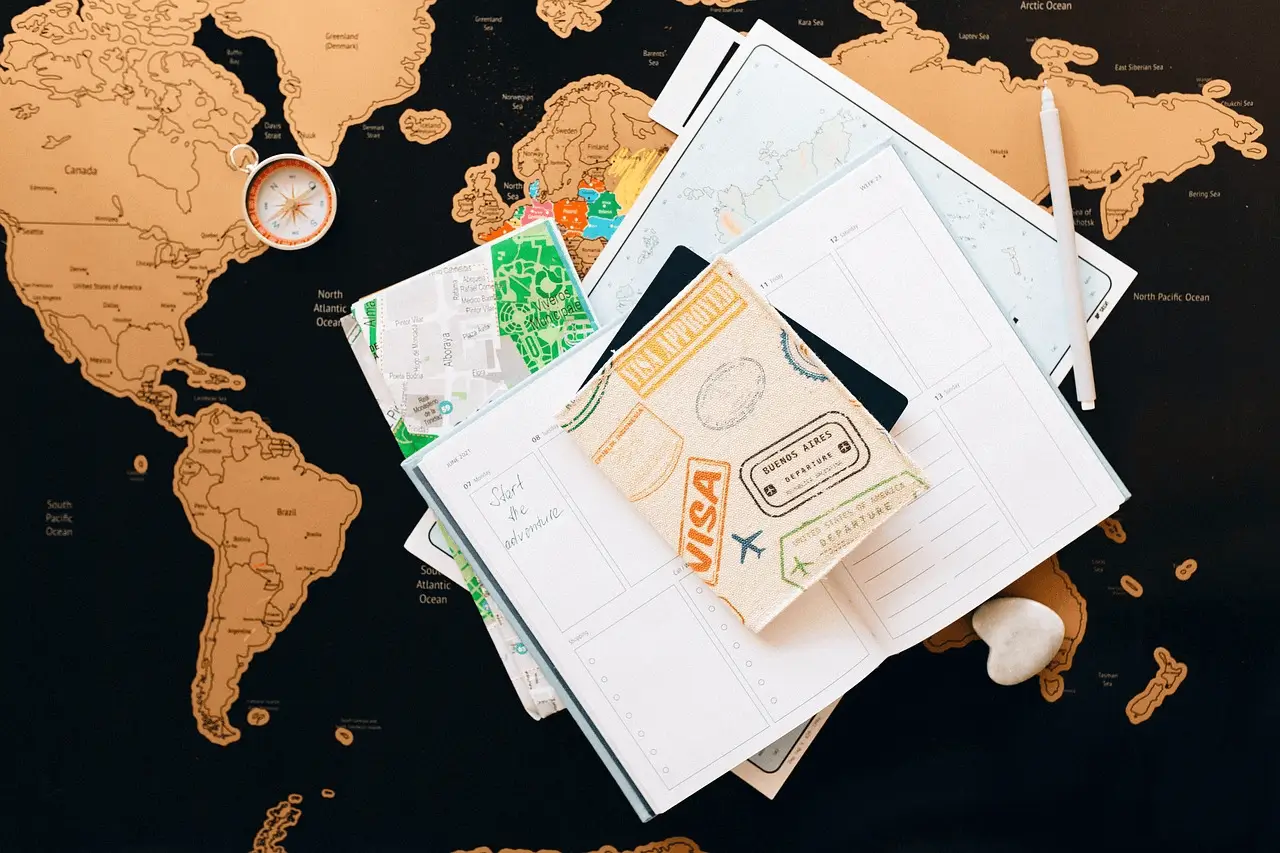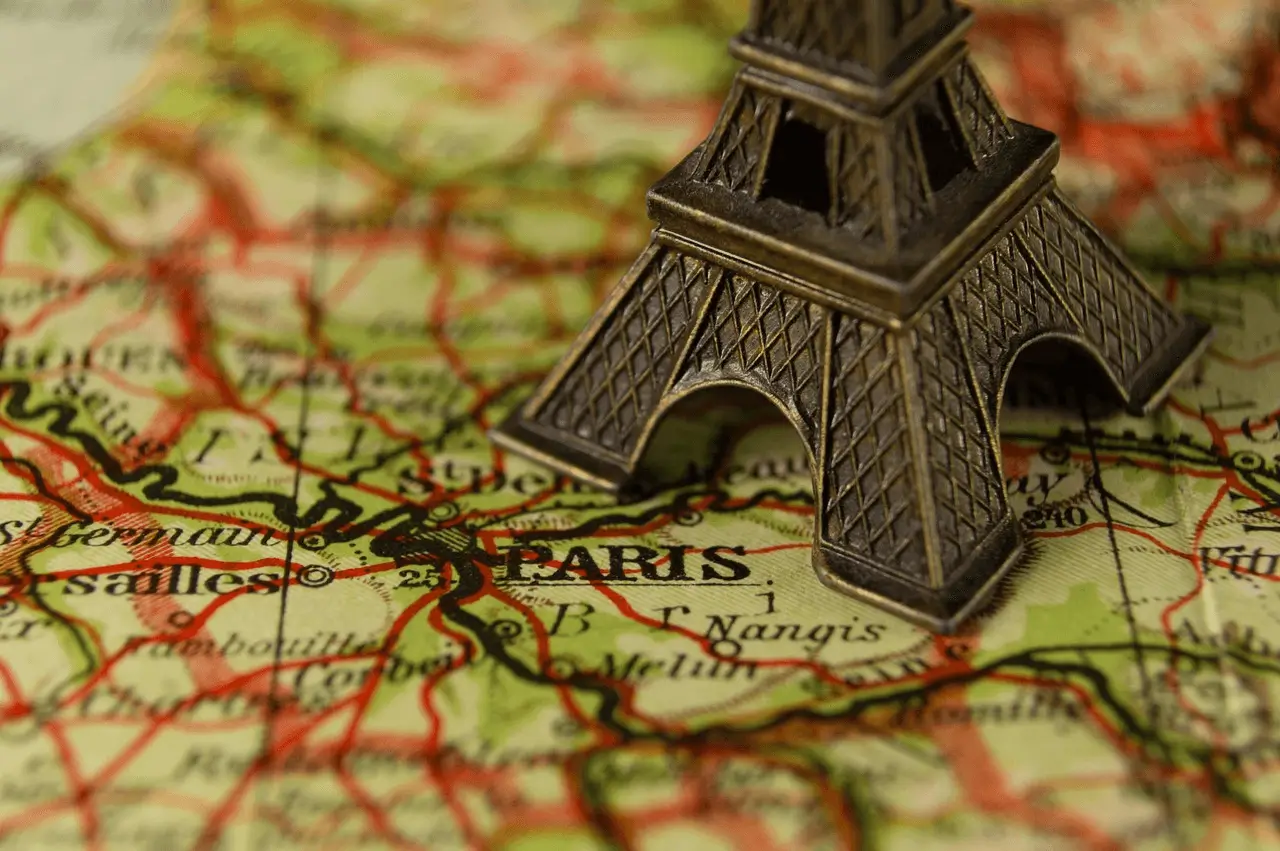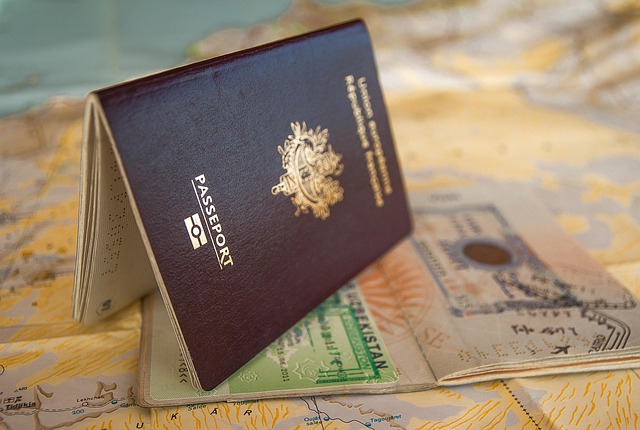1. Choose your destination
It’s easy to say, “I’m going to travel,” but it’s important to make a clear decision about where you want to go. A definite destination gives you direction, helps you stay motivated, and makes planning each step toward your trip much easier.
For my first trip, I knew the general destination but hadn’t decided exactly how long I’d stay in each place. I booked my transport in advance but left accommodation for later, which meant arriving late in unfamiliar cities searching for a room. Even traveling with my boyfriend, it was stressful — and alone, it would have been much harder
This taught me that planning your destination clearly and having at least some accommodation booked in advance makes your journey smoother and more enjoyable.
IF you still need help with ideas where to go and how to keep inspired, visit Ignite the Wanderlust.



